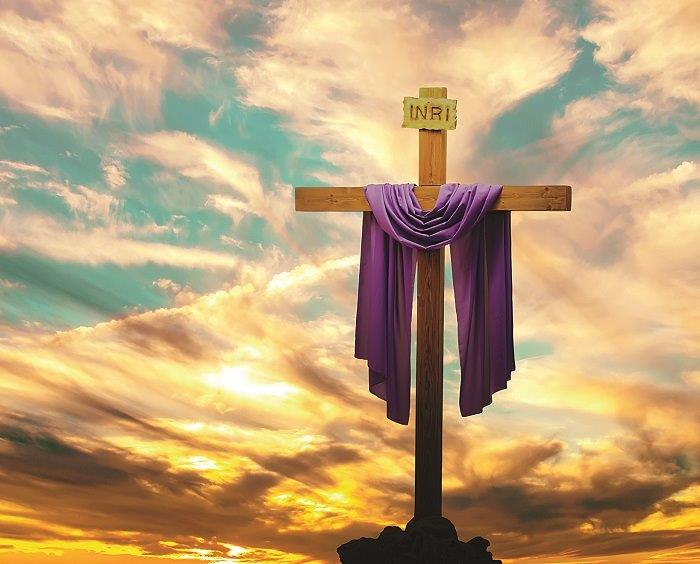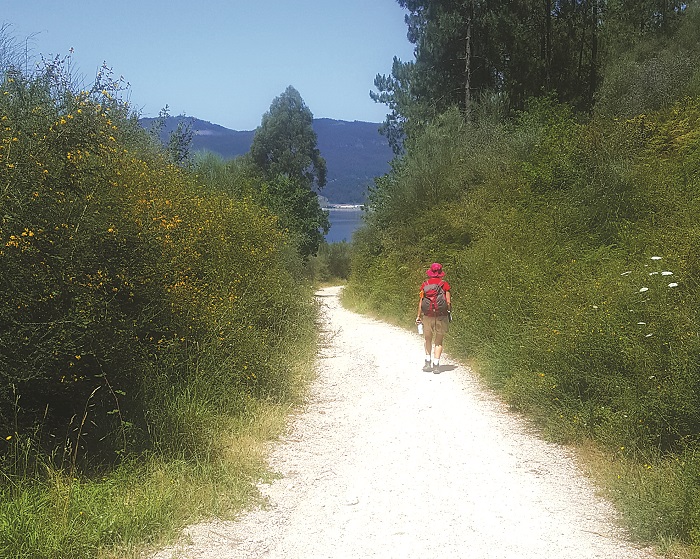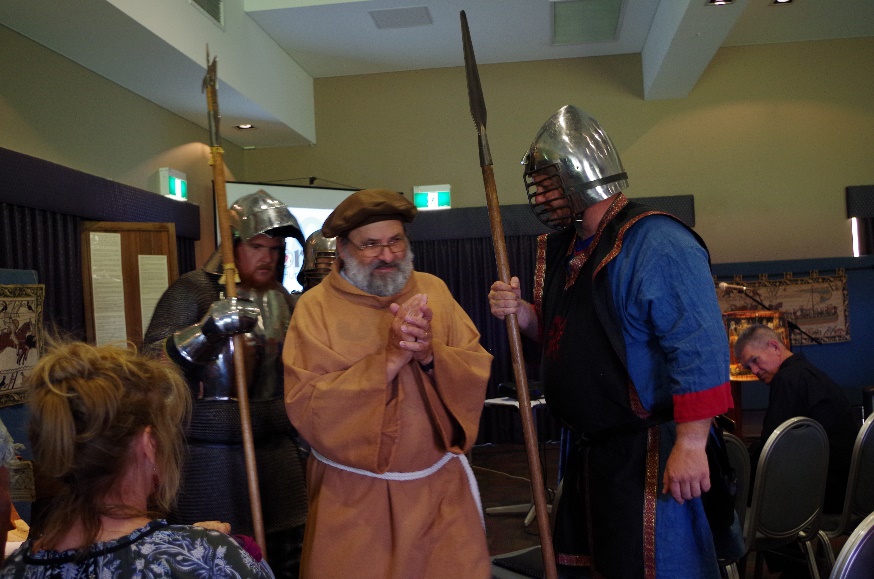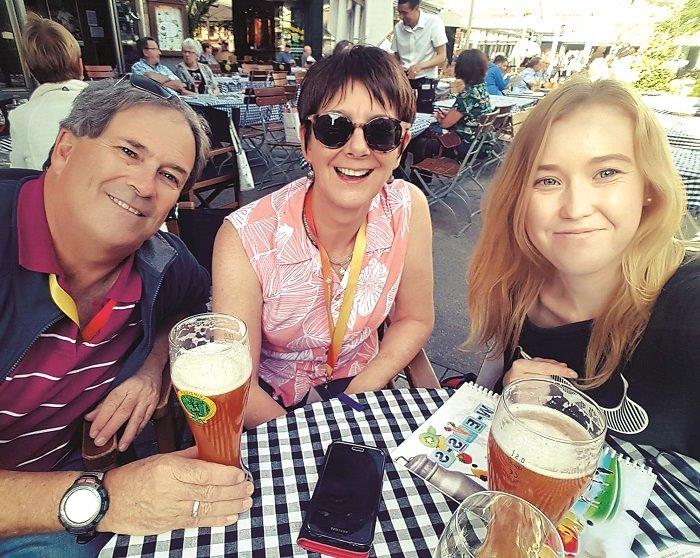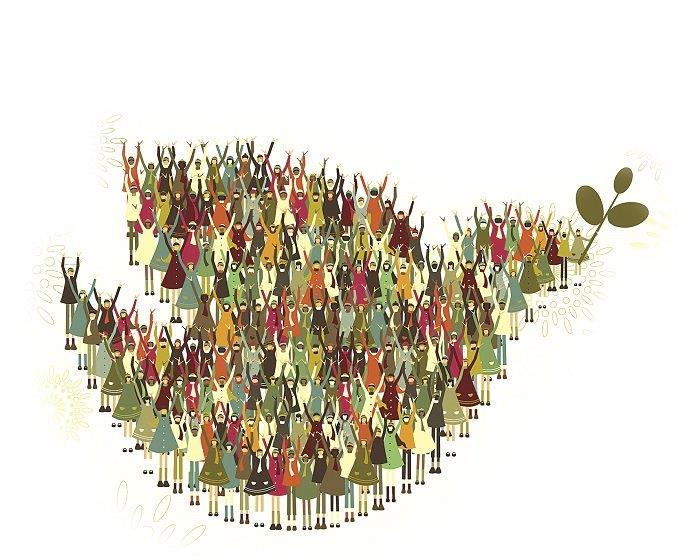The churches of Dongara/Port Dennison came together for a special one day event in commemoration of the 500th anniversary of the beginning of the Reformation. More than 200 people arrived at the Irwin Recreation Centre in Port Denison on Sunday October 29 for the R500 festivities.
On 31 October 1517, Martin Luther publicly declared his protest about certain actions of the church officials of the day. R500 allowed people an insight into some of the characteristics of the society of that era. Many people came in medieval-style costume to add to the atmosphere and fun.
From 9.30am, a display of stories and character studies of key players in the Reformation was available in the Function Room. Wendy Small, from the R500 planning team and a member of Dongara Uniting Church, said these people were nobles, church leaders, and princes who held the strings of social and political power in the towns and villages in Germany. While some supported Luther, many were opposed to his ideas. Quiz and puzzles and colouring sheets relating to the information were available for keen ‘detectives’.
At the same time, medieval re-enactment group Twin River Guard (TRG) from Geraldton had replica weapons, armour and costumes typical of the late medieval period for visitors to view and discover how these were used in everyday life and in combat. Einar, from Twin River Guard was dressed for the day in a suit of full armour. He said the weight and type of metal used was equivalent to that which a knight of his build would have worn. At 15kg it added a challenge to movement and stamina of the wearer, and Einar and his team told us, “Combat action would necessarily be brief and intense, as combatants could not sustain fast and furious action for any extended time.”
